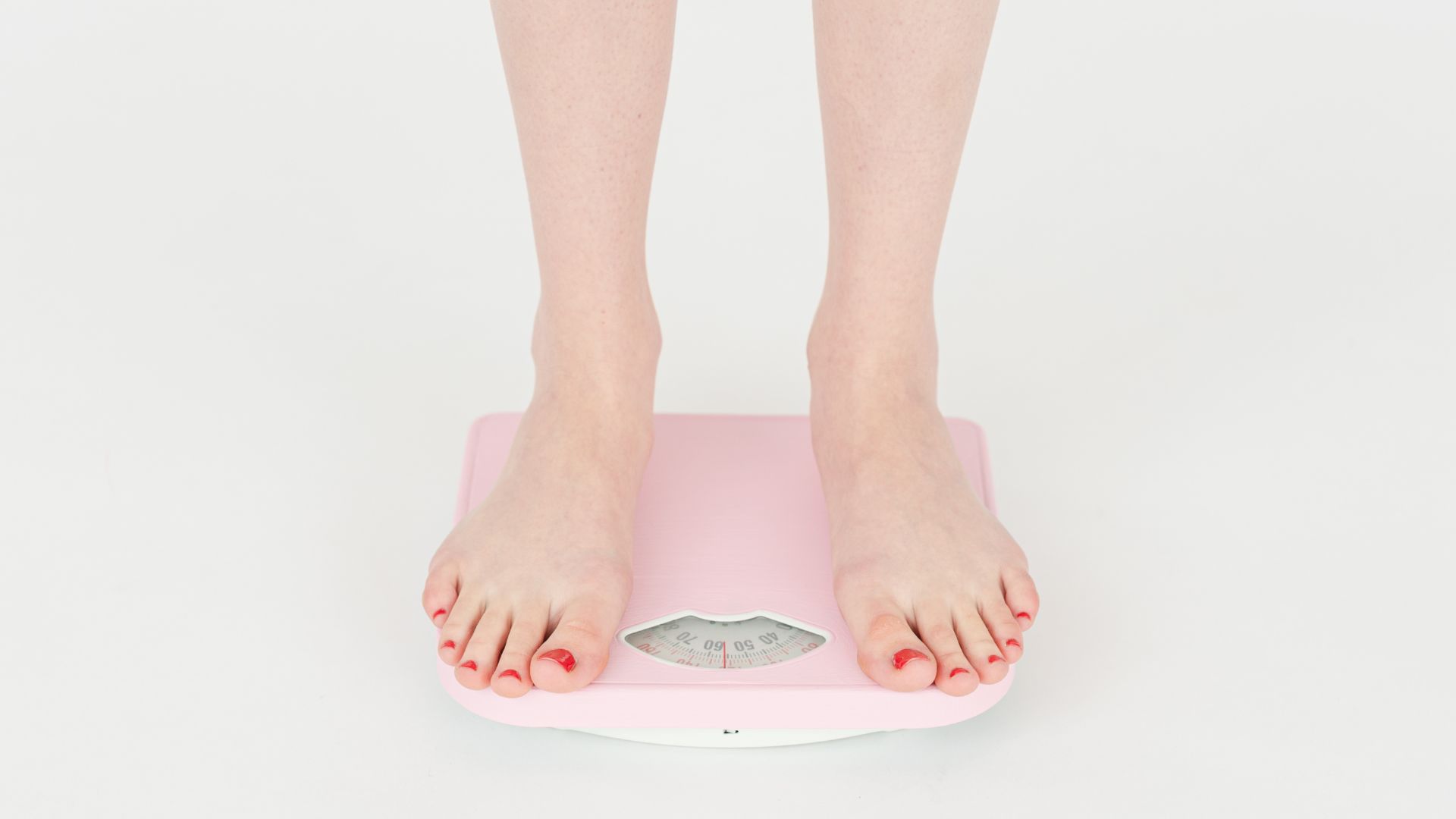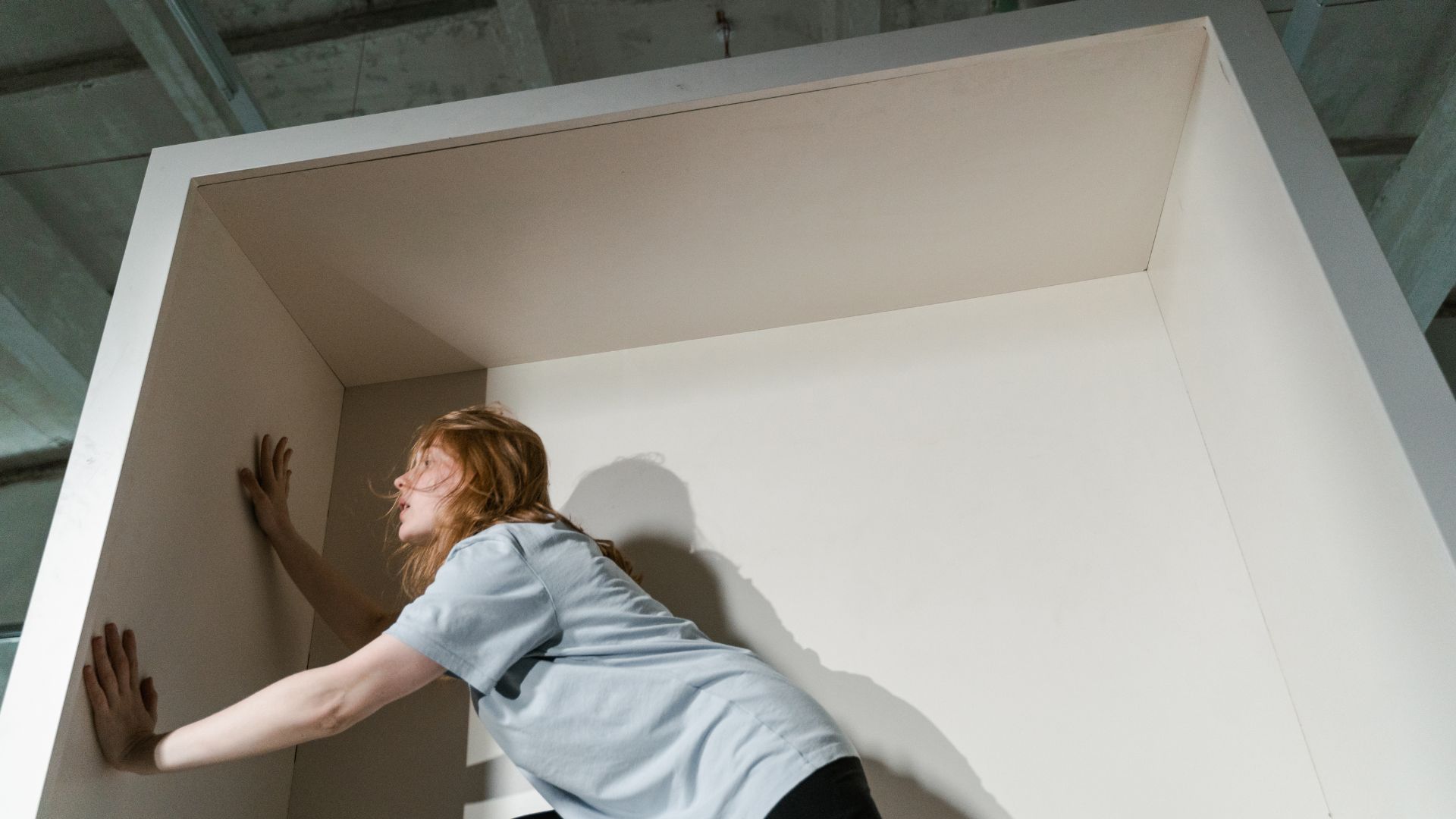Over time, the human body undergoes continuous changes, and the aging process becomes an integral part of our biology. A detailed understanding of the causes of aging allows us to better comprehend which factors influence this process and how we can intervene to maintain a healthier and more active lifestyle.
Physiological Aging: Physiological aging is a natural and inevitable change in the body as we grow older. This process involves a gradual decline in the functions of organs and systems, such as cardiovascular, nervous, and immune. Metabolism decreases, and cells undergo changes that affect their functionality. While physiological aging is normal, its pace and nature can vary for each individual depending on genetics, lifestyle, and other factors.
Premature Aging: Premature aging is a phenomenon where the rate of organism degradation exceeds the established chronological age. It can be caused by heredity or chronic diseases such as obesity, diabetes, and atherosclerosis. However, aside from obvious causes, subtle factors like oxidative stress and chronic inflammation play a key role in triggering the process of premature aging.
Oxidative Stress: Oxidative stress is an imbalance between the production of free radicals and the body’s ability to neutralize them with antioxidants. Smoking, alcohol consumption, toxic substances, stress, lack of sleep, sun exposure, and infections increase the formation of free radicals, which, in turn, can damage cells and accelerate aging processes.
Chronic Inflammation: Inflammation in the body is usually a natural protective response, but when it becomes chronic, it can accelerate the aging process. Chronic inflammation can be caused by various factors, including chronic infections, toxins, excess saturated and trans fats, high-calorie diets, stress, and hormonal imbalances.
Influence of Genetics and Lifestyle: Genetics and lifestyle significantly influence the rate of aging. Genes may determine how the body reacts to external factors, but lifestyle plays a crucial role in how these genes manifest. A healthy diet, physical activity, avoiding harmful habits, and stress management can significantly slow down the aging processes.
Factors Influencing Human Aging
The aging of the human body is a complex and multifaceted process subject to the influence of various factors. Understanding these factors not only helps comprehend the biology of aging but also provides opportunities to take measures to slow down or prevent this process.
- Genetic Factor
Heredity plays a crucial role in determining the pace and nature of human aging. Genes not only influence physical characteristics and predisposition to diseases but also affect the body’s ability to respond to the environment. Some people have genetic traits that contribute to slowing down the aging processes.
- Environment
The environment in which we live has a significant impact on our body and its ability to resist aging. Factors such as air pollution, exposure to sunlight, toxic substances, and other environmental aspects can accelerate aging processes. Optimizing the environment and minimizing the impact of harmful factors can contribute to healthier aging.
- Lifestyle
Lifestyle plays a decisive role in determining how quickly and intensely the aging of the body occurs. A healthy diet, regular physical activity, avoiding harmful habits, as well as stress management and proper sleep, all influence human biology. Right habits can slow down the aging processes, while wrong ones can accelerate them.
- Oxidative Stress
Oxidative stress is a biological process in which free radicals damage the cells and tissues of the body. Smoking, alcohol consumption, improper nutrition, stress, and other harmful habits can increase the levels of free radicals. Balancing antioxidants and taking measures to reduce oxidative stress are important steps in slowing down the aging process.
- Chronic Inflammation
Chronic inflammation is another factor contributing to the aging process. It can be caused by various factors, including infections, toxins, improper nutrition, and stress. Inflammation can accelerate the degeneration of cells and tissues, ultimately leading to accelerated aging of the body. Stabilizing inflammation levels through proper nutrition and a healthy lifestyle is a crucial aspect of maintaining health for many years.
Understanding the factors that influence aging allows us to actively participate in managing our own health and combating the negative effects of time. In the following parts of the article, we will explore specific steps and strategies that can help mitigate the impact of these factors and ensure a full and healthy aging process.
Stages of Aging
Aging is an inherent process of life, and its stages are carefully studied by biologists for a deeper understanding of how our bodies evolve over time.
35 years: Onset of Metamorphosis
The first external signs of aging typically become noticeable around the age of 35. The facial oval changes, the skin loses some of its elasticity, and these changes, depending on the individual, may manifest earlier or later. This stage marks the beginning of transformations that can be caused by different types of aging.
45 years: Loss of Reproductive Function
Around the age of 45, many people begin to lose their reproductive function. This is the time when women most often experience menopause or a significant decrease in reproductive activity. Men also undergo changes in the reproductive system.
60 years: Slowing Regeneration and Onset of Chronic Diseases
By the age of 60, tissue regeneration slows down, and cell division processes lose their previous intensity. At this age, individuals typically have an average of three chronic diseases, making this period critical for maintaining overall health.
75 years: Limitation of Extracellular Structures and Emergence of New Barriers
By the age of 75, extracellular structures of tissues become ineffective, and cells lose their protective barriers. This opens the “doors” to new chronic diseases, making the body more vulnerable.
Features of Aging in Women
Aging in women is closely related to changes in the reproductive system. The first signs of aging may appear after 30 years, but more serious changes in hormonal balance leading to menopause begin around 40-45 years.
- Decline in estrogen levels: With the start of the aging process and a decrease in the production of this hormone, wrinkles begin to appear, the facial oval changes, and the skin becomes less elastic.
- Reduction in somatotropin (growth hormone) levels: Decreased levels of this hormone lead to loss of muscle mass, the appearance of wrinkles, and decreased endurance.
- Dehydroepiandrosterone (DHEA): Hormonal changes after 30 years, a deficiency of this hormone, affects muscle tone, skin elasticity, and vascular fragility.
- Melatonin: Regulator of circadian rhythms and a key component of healthy sleep; a melatonin deficiency can cause premature aging as cells do not have enough time for recovery and renewal.
- Cortisol: Link to early aging; an increase in cortisol levels contributes to early aging, causing dryness of the skin, the formation of wrinkles, and other negative effects.
- Insulin: Regulation of blood sugar levels and its impact on the skin; insufficient control of insulin levels can lead to sagging skin and the appearance of wrinkles.
How to Slow Down Aging
To prevent or mitigate the manifestations of aging, it is necessary to carefully monitor hormonal balance. Consultation with a doctor can help develop an individualized plan for hormone replacement therapy, improving the quality of life and slowing down processes.
The aging processes in the body are a natural part of life, but there are several effective ways to slow down this process and maintain health for many years. Despite their diversity, these methods share a common direction – taking care of physical and mental well-being. Let’s consider key strategies that will help you slow down aging and enjoy a fulfilling life.
- Optimism: optimism plays a crucial role in maintaining health and slowing down the aging process. Positive thinking is associated with reduced stress, strengthened immunity, and a lower risk of heart disease. Studies show that an optimistic view of aging can increase life expectancy by 11–15%. Maintain your internal optimism, and you will notice how it strengthens your will to live, making you resilient to diseases and providing vitality for many years.
- Hygiene: personal hygiene not only has a daily impact on our well-being but also affects life expectancy. Adhering to hygiene rules is associated with the prevention of several diseases. Even simple actions like handwashing can significantly reduce the risk of infections and respiratory diseases. Maintain personal hygiene, and you will create a strong foundation for health capable of withstanding the test of time.
- Healthy Eating: your diet plays a key role in your health and life expectancy. A healthy diet rich in vitamins, minerals, and antioxidants helps the body cope with the impact of free radicals. Increase the consumption of fruits, vegetables, prunes, berries, garlic, and green vegetables. Limit the intake of pro-oxidant foods such as fried food and high-glycemic-index products. Take care of your diet, and you will feel how your body rewards you with longevity and health.
- Avoiding Harmful Habits: quitting smoking, moderate alcohol consumption, and caring for healthy nutrition significantly increase life expectancy. Research shows that following principles of a healthy lifestyle can add up to 10 years to your life without diseases. Choose health, and you will feel how your life fills with energy and joy.
- Physical Activity: physical activity is a key component of slowing down aging. Regular workouts support not only physical fitness but also slow down the aging processes. While intense workouts may increase oxidative stress, moderate exercises such as walking, aerobics, or strength training bring numerous benefits to the heart, brain, and bones. Find your dose of physical activity, and you will feel how your body revives and becomes more resilient to the trials of time.
- Mental Stimulation: don’t forget about your main “command center” – the brain. Mental exercises such as solving puzzles, playing chess, and learning new skills help maintain mental clarity. Take care of your intellectual health, and you will enjoy a sharp mind and an active life.
- Sexual Activity: sexual activity also has its place in the strategy of slowing down aging. Studies show that people engaging in sexual activity in old age have an increased life expectancy. Pay attention to your intimate sphere, and you will notice how it positively affects your overall physical and emotional well-being.
- Anti-Aging Medicine: finally, for the best results, consult with anti-aging medicine professionals. A personalized approach will help identify your unique health condition and develop individual recommendations. Use modern anti-aging methods to ‘delay’ aging and continue to enjoy life to the fullest.
Against the background of the increasing number of people over 60 worldwide, the issue of decelerated aging becomes more relevant and important. According to the World Health Organization data, a significant growth in this age group is expected in the coming decades, emphasizing the need for taking active measures to maintain the health of our elderly citizens.
It is worth noting that the approach to slowing down aging is shifting from simply increasing life expectancy to extending the active period of health and quality longevity. Highlighting internal factors influencing aging and considering methods to slow it down, we see that each person can participate in this process.
Research and scientific discoveries in the optimization of mental health, proper nutrition, avoidance of harmful habits, regular physical activity, mental stimulation, sexual activity, and even personalized anti-aging medical methods provide everyone with the opportunity to influence their biological age and enhance the quality of their own life.
In conclusion, it can be said that an integrated approach is of paramount importance in the fight against aging. Combining positive thinking, care for physical and mental health, balanced nutrition, an active lifestyle, and personalized approaches to health care allows for the establishment of a strong foundation for slowing down aging and enjoying a full, active life.
Therefore, at every stage of life, it is important to realize that self-care is an investment in the future. Regardless of age, everyone can contribute to improving the quality of life and maintaining health. Such an approach to aging allows not only to live longer but also to savor every moment, creating a foundation for a qualitative and active aging process.








